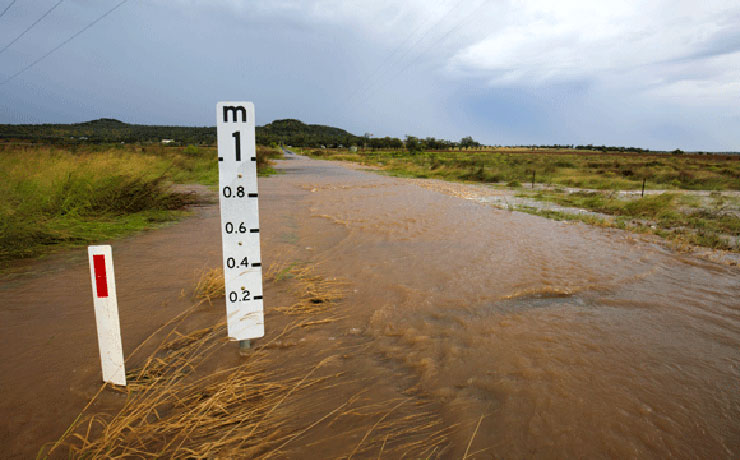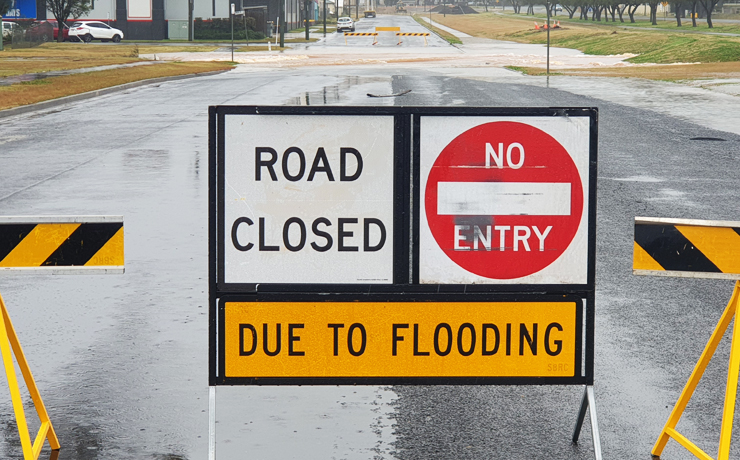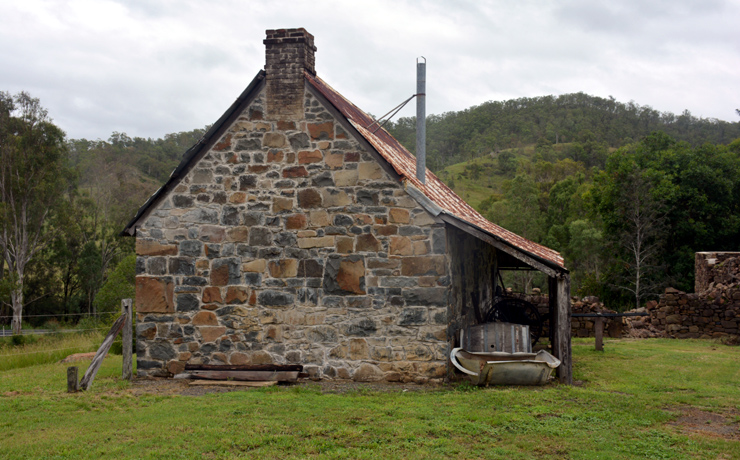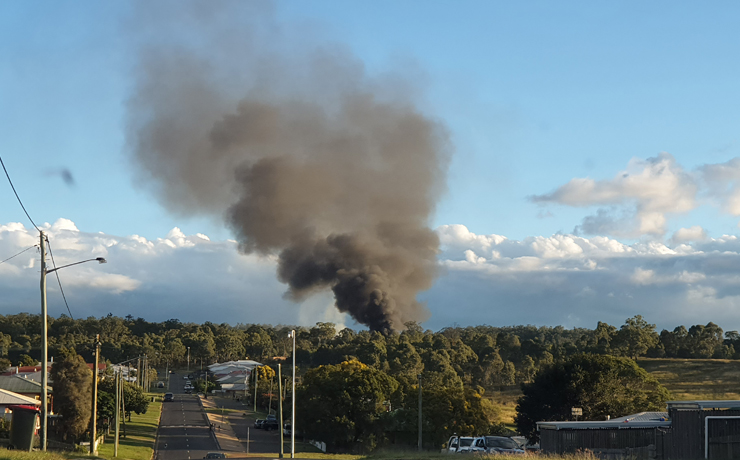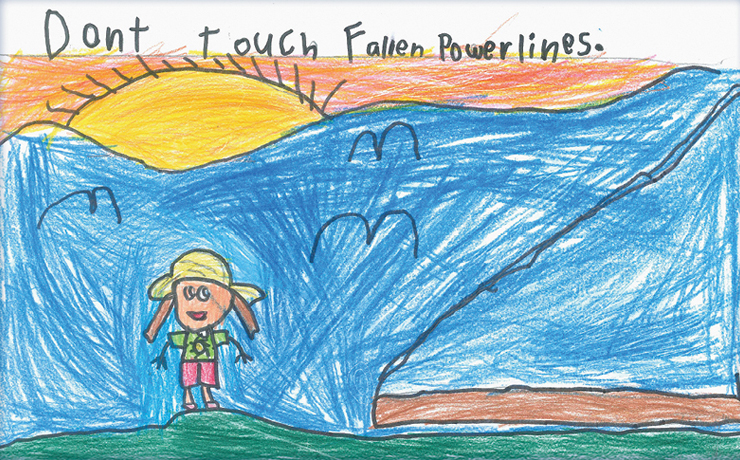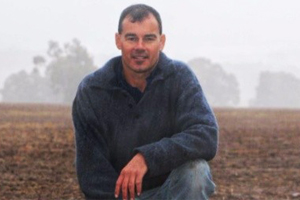
April 14, 2016
Amnesty International has accused Federal Indigenous Affairs Minister Nigel Scullion of “glossing over” the failures of successive governments to reduce Indigenous deaths in custody.
Spokesman Julian Cleary said Minister Scullion had attempted to disguise the fact there had been no overall drop in the reported number of Indigenous deaths in custody since 1991, and that Indigenous incarceration had escalated to unprecedented levels.
“Successive governments have sat on their hands for an entire generation while the problem has escalated,” Mr Cleary said.
He said a key finding of the 1991 Royal Commission into Aboriginal Deaths In Custody was that “too many Aboriginal people are in custody too often”.
“It noted the urgent need for governments to work with Indigenous organisations to reduce Indigenous children’s involvement in the justice system, and recommended the Commonwealth Government work with States and Territories to follow the Royal Commission’s roadmap for change,” Mr Clearly said.
“Today, Aboriginal and Torres Strait Islander children – some as young as 10 years old – are 24 times more likely to be locked up than their schoolmates.
“Minister Scullion’s statement attempted to pass the buck to the States and Territories, but these statistics prove this is a crisis at a national level, and requires Federal Government action.”
Mr Cleary called on Prime Minister Malcolm Turnbull to “take the lead in developing a national strategy to address this broken system with the central involvement of Indigenous organisations”.
“This includes adopting national justice targets, which will give Federal, State and Territory governments measurable goals to work towards to lower Indigenous prison and family violence rates,” he said.
“National justice targets will keep governments accountable by annually highlighting what strategies are in place, what funds are being allocated, and where progress is or isn’t being made.”
Mr Cleary said Mr Scullion’s statement cited “the success in bringing down the rate of deaths in custody for First Australians”, however, the tragic fact was that nine Indigenous people died in custody in 2012-13, the same number as in 1991.
“Today, one in five people who die in custody are Indigenous,” he said.
“This must not be presented as a success; it is a disaster in a nation where Aboriginal and Torres Strait Islander people make up less than 3 per cent of our population.”
He said the number of Indigenous deaths in custody in 2009-10 was the equal highest on record, with the Australian Institute of Criminology noting “there is a concerning trend emerging, as the actual number of Indigenous deaths in prison are rising again”.
Mr Cleary said Mr Scullion’s statement also falsely claimed many of the Commission’s recommendations had been implemented.
“Crucially, the very first recommendation of (the Commission) included that the Federal and State governments should report annually on their progress in implementing the Royal Commission’s 339 recommendations,” he said.
“In May 2015, law firm Clayton Utz completed exhaustive analysis of the progress of the implementation of the recommendations for Amnesty International. This found not only have Federal and State Governments failed in their promise to report annually on their progress in implementing the recommendations, they have also failed to implement key recommendations.
“Without real action now, this Federal Government will be responsible for another generation of wasted potential, a failing system and preventable deaths. This generation of Indigenous kids deserve better.”













